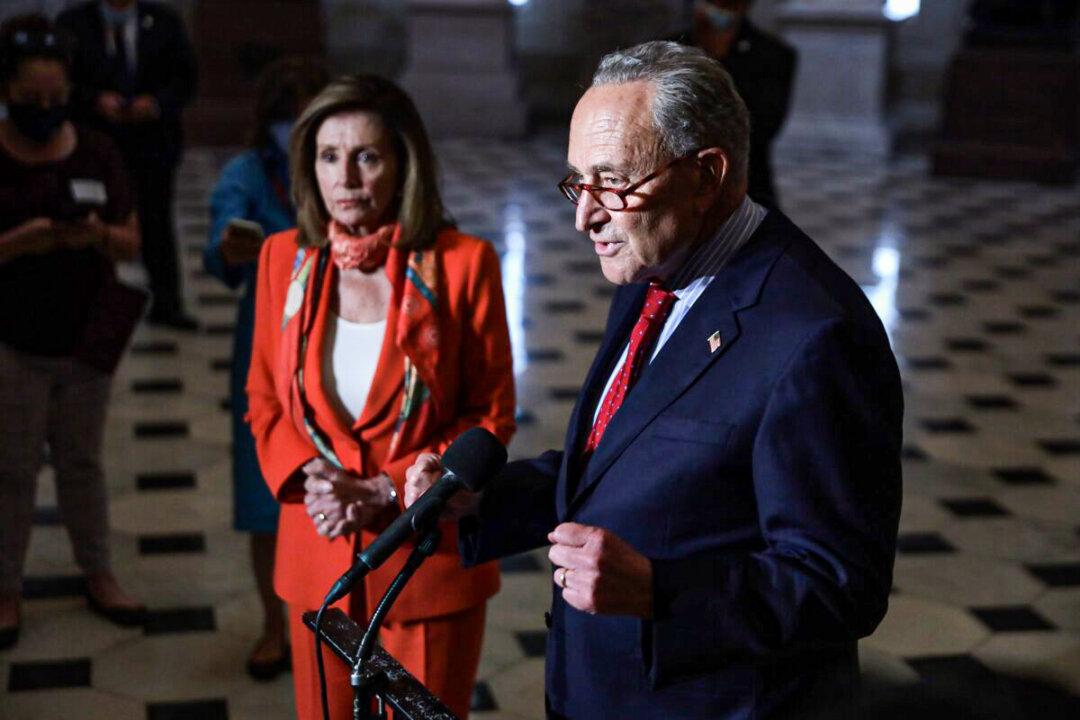The Senate on Thursday night passed a $1.5 trillion budget bill to fund the government through the end of September after months of back and forth between lawmakers.
The Senate voted 68–31 to pass the bill, which will fund the federal government through Sept. 30, with 18 Republicans joining all Democrats voting in support. The billion-dollar spending package had earlier been passed by the House on Wednesday night.




